People > Kishan S Rana
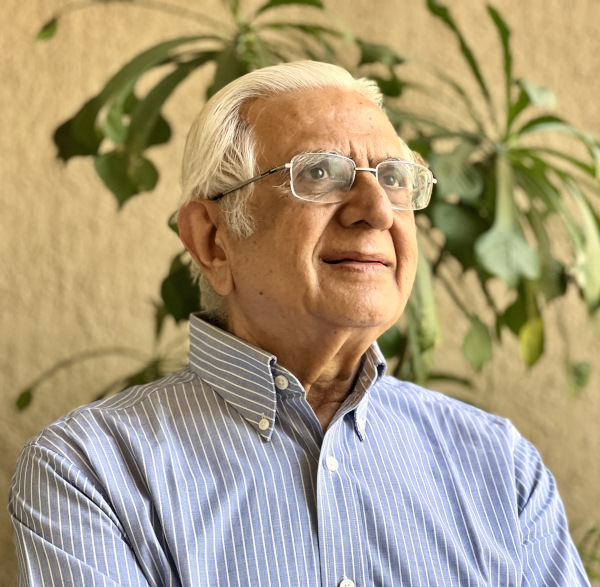
Kishan Rana has an MA in Economics from St. Stephens College, Delhi. He joined the Indian Foreign Service in 1960 and served in the Indian Embassy in China (1963-65, 1970-72). He was the Indian Ambassador/ High Commissioner to Algeria, Czechoslovakia, Kenya, Mauritius and Germany and served on PM Indira Gandhi’s staff (1981-82). A polyglot, he speaks Chinese and French, besides English, Kathiawari, and Hindi. He is Professor Emeritus, DiploFoundation, Malta and Geneva; Emeritus Fellow, Institute of Chinese Studies, Delhi; Archives By-Fellow, Churchill College, Cambridge; and, Public Policy Scholar, Woodrow Wilson Centre, Washington DC. Earlier, he was guest faculty, Diplomatic Academy, Vienna (2011-18) and Commonwealth Adviser, Namibia Foreign Ministry (2000-01). He has authored and edited 14 books, (with two translated into Chinese), including Inside Diplomacy (2000); Asian Diplomacy (2007); Diplomacy of the 21st Century (2011); The Contemporary Embassy (2013); Diplomacy at the Cutting Edge (2016); and, Churchill and India: Manipulation or Betrayal? (2023).
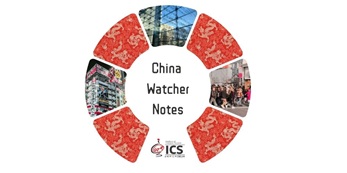
Asia Times of 26 June 2025 asked this important question. It noted: ‘Generally speaking, China’s 1.4 billion people sock away (i.e. save) about one-third of income.’ One net conclusion: ‘…without key reforms, citizens will keep savings over consumption’.
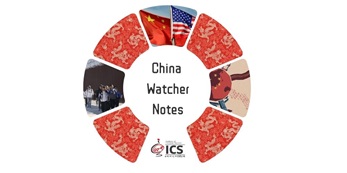
A new phenomenon in the past two years is undocumented Chinese migrants heading to the US, flowing out at an annual rate of around 200,000, joining the streams that flow into North America, via Mexico and Canada, many hazarding long journeys, mostly on foot, through Central America. A correspondent for The Economist wrote in the series ‘Drum Tower’
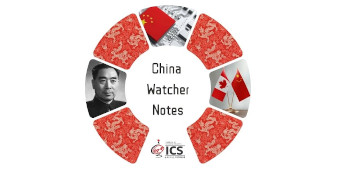
The China-Watcher Notes is a new series introduced by the Institute of Chinese Studies, New Delhi, under the ambit of ICS Analysis. Each edition shall cover a set of topics of contemporary relevance pertaining to different aspects of China.
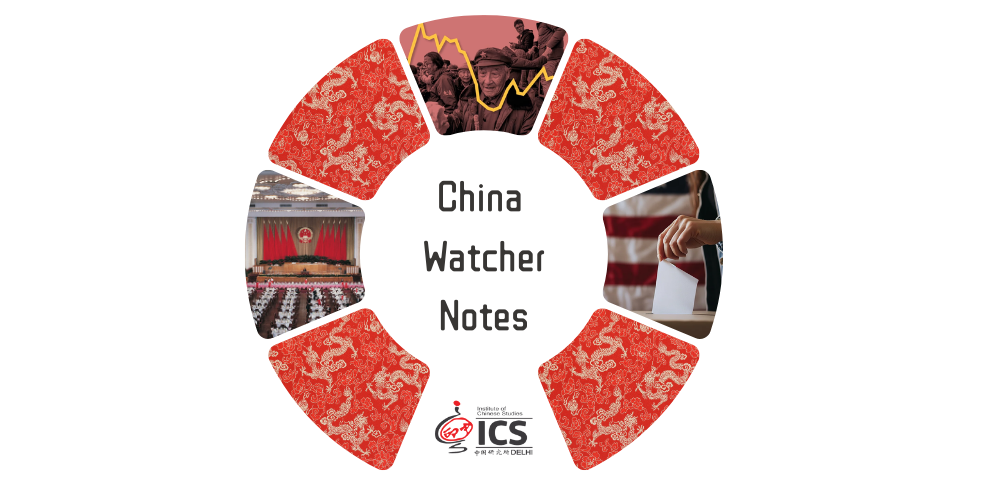
The China-Watcher Notes is a new series introduced by the Institute of Chinese Studies, New Delhi, under the ambit of ICS Analysis. Each edition shall cover a set of topics of contemporary relevance pertaining to different aspects of China
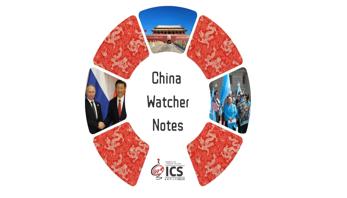
Behind the lavish protocol and extrovert bonhomie of what some call a Putin-Xi ‘bromance’ lies a deeper reality. In diplomacy, states sometimes for their own reasons, project a stronger, allegedly ‘permanent’ relationship, deeper than what is the reality. We saw this during President Vladimir Putin’s May 2024 Beijing visit as President Xi Jinping’s state guest.
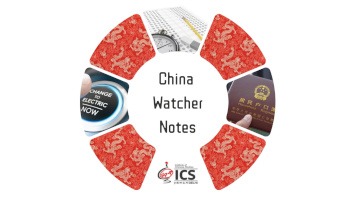
Starting on June 7th millions of young people will sit for the world’s largest academic test. China’s university-entrance exam, known as the gaokao, is punishingly difficult. Students spend endless hours cramming for it.
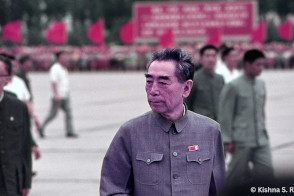
I worked at the Indian Embassy, Beijing, from August 1963-August 1965, as third/second secretary (after Chinese language studies at Hong Kong).
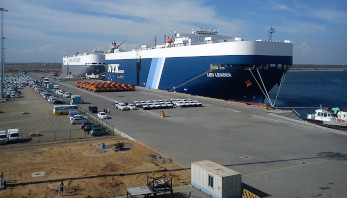
These reflections were triggered by a two-part, 1-hour, ‘Drum Tower’ podcast1 on The Economist, broadcast at the end of September 2023.
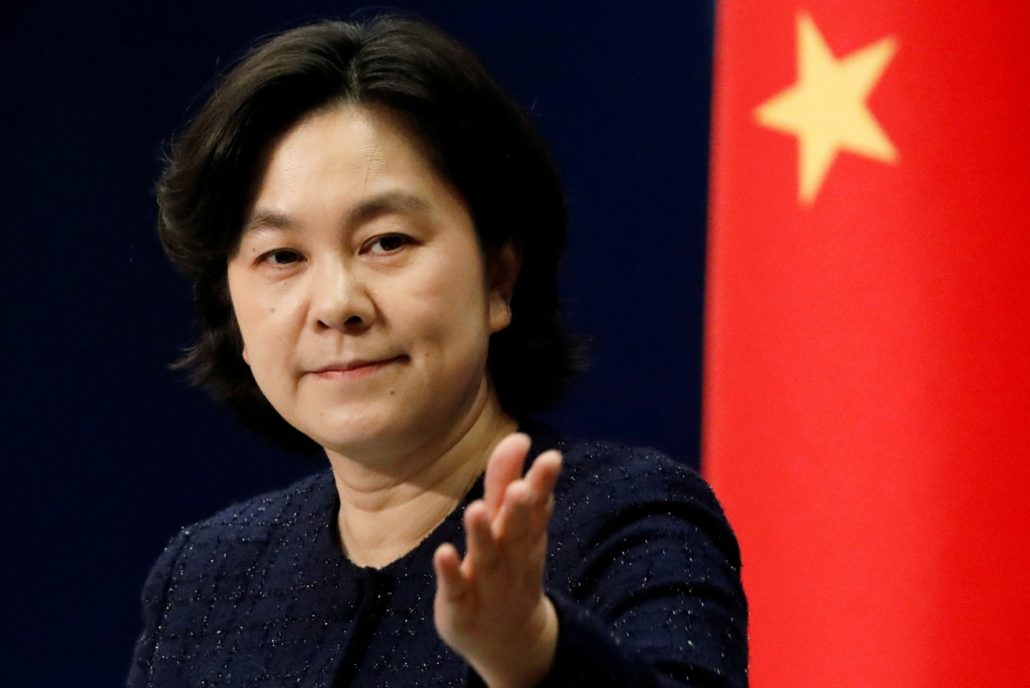
The Chinese Foreign Ministry made a welcome change in its external public outreach after 3 September 2021. While Chinese easily identify male and female names, foreigners
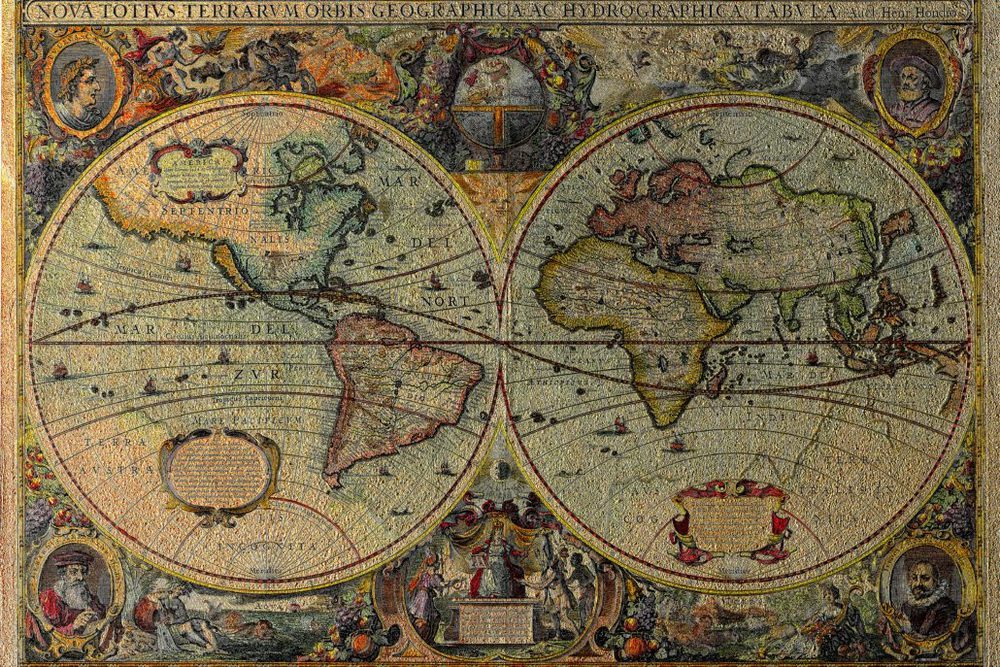
The essay said that ‘historical situations or never fully replicated’. That’s surely the complexity and joy of international relations studies. On the one side are the USA and its European allies
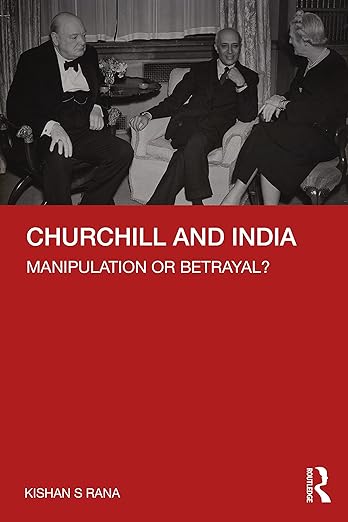
Rich in archival sources, this book provides a fresh and holistic perspective on the final phase of the British Empire. It will be an indispensable resource to students and researchers of colonial history, imperialism, modern history, international history, Partition of India, and South Asian studies. It will also appeal to general readers interested in the history of Britain’s endgame in India.
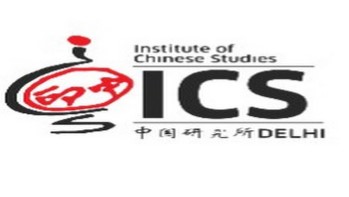
In the unique conjoined system of Party-State that China operates (with the Party the dominant player), Leading Small Groups, LSGs, are a governance device dating to the Ya’anan days of the 1930s.
Indian states engage with foreign countries on the rigorous logic of our constitutional provision that foreign affairs is exclusively a “union” subject.
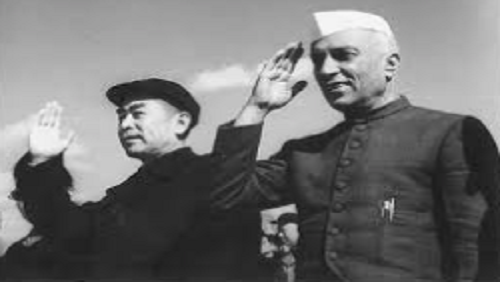
This essay is based on P K Banerjee’s (1917–2003) book, My Peking Memoirs of the Chinese Invasion of India (Banerjee 1990), published 14 years after he retired from the Indian Foreign Service (IFS).1 I have my own connection to the story as I reached Beijing in August 1963, spending five months

This account of India’s foreign policy under Jawaharlal Nehru and Indira Gandhi is an accomplished body of research into a period, usually studied primarily for India’s Non-Aligned Movement.

The Belt and Road Initiative, China’s foreign policy hallmark, faces problems over magnitude, mismanagement, and excessive indebtedness for the recipient countries.

As a rising power, India needs a foreign policy that projects its interests and its future possibilities...
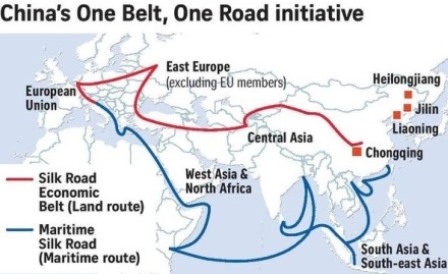
The essay examines BRI in terms of China’s direct economic, political and domestic interests, the funding arrangements for its projects, including aid and loans, and the potential gains for the countries and the regions that are to participate in the connectivity and infrastructure oriented projects, including the maritime projects. It looks closely at the China-Pakistan Economic Corridor, and the possible connectivity gains that participating countries may obtain among themselves, suggesting that what is being created are ‘international public goods’, even if China has not yet engaged in participatory, comprehensive and equal dialogue among all that are current and potential beneficiaries of BRI actions.

Comprehensive diplomatic goals, broken down into action plans for embassies, needed

As a significant global player, India has to play a more nuanced, multilayered diplomatic game

China is an arrived major power, the world's second largest. India is an emerging power aspiring to major status.

Is the idea of cooperative governance, in which governing coalitions and opposing parties actually join in tackling real issues, truly beyond our ken?
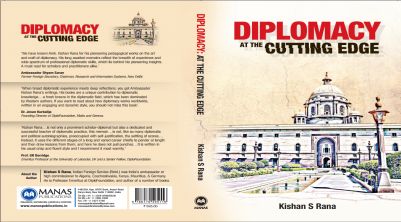
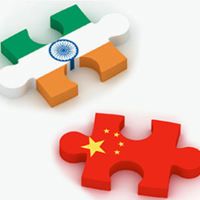
Last week in Shanghai, Indian and Chinese firms signed joint work plans. That is the way to go - compete, but also cohabit if feasible

Four major political takeaways from Narendra Modi's much-anticipated trip to China

India cannot resent neighbours moving ahead with infrastructure projects that serve their interests, funded by Chinese munificence
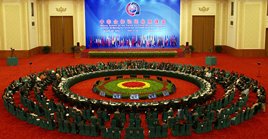
What are the key characteristics of the diplomacy of India and China? To what extent is diplomatic capacity an issue in the management of a country’s foreign policy?
Diplomacy process, and foreign affairs
© 2019 ICS All rights reserved.
Powered by Matrix Nodes